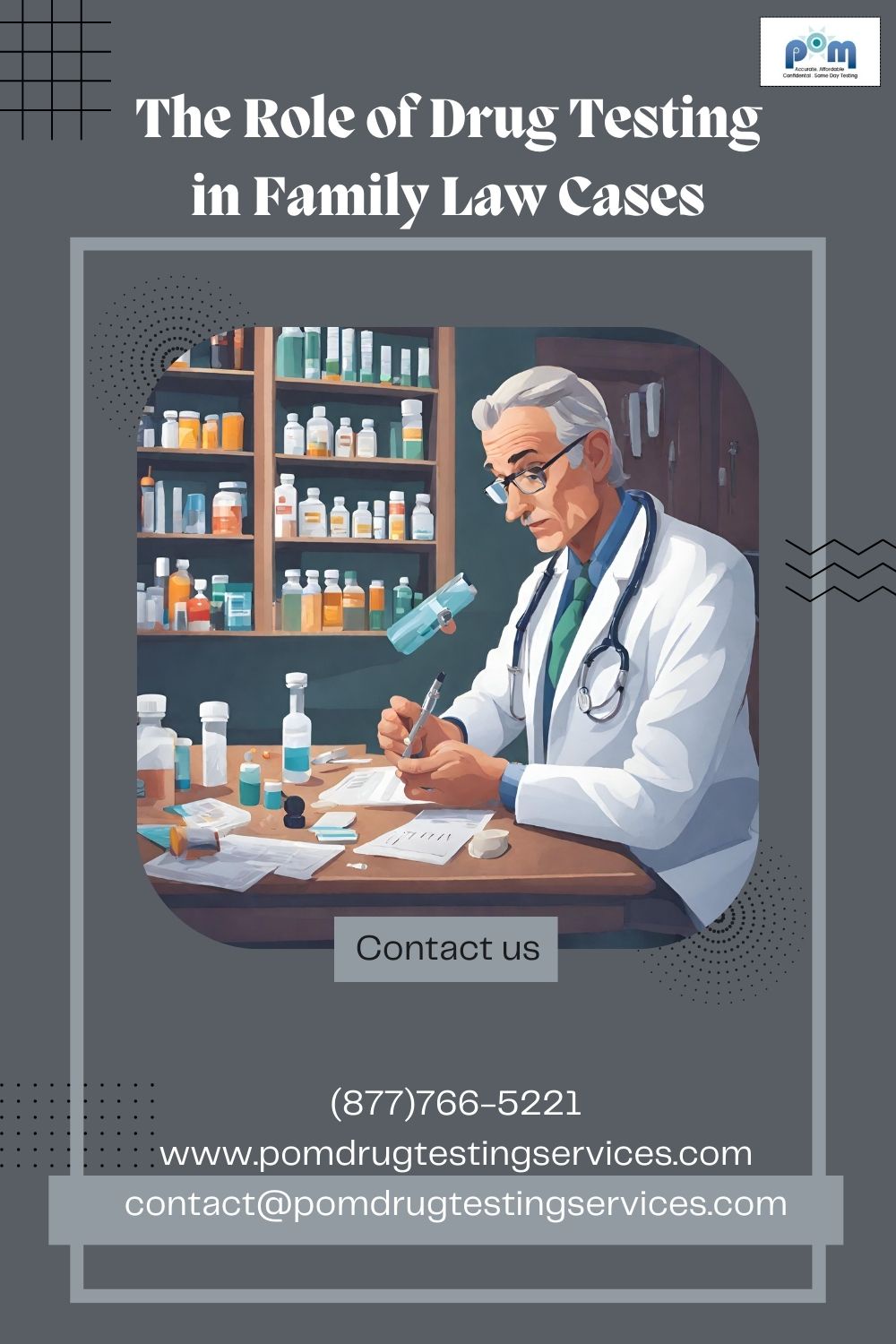Introduction
Family law cases often involve complex and sensitive issues that require careful consideration by the courts. One crucial factor that can significantly impact the outcome of these cases is drug testing. Substance abuse can have profound effects on individuals and their families, and drug testing serves as a valuable tool to assess and address these concerns. This article explores the impact of drug testing in family law cases, discussing its relevance, benefits, challenges, and ethical considerations.
The Relevance of Drug Testing in Family Law Cases
Drug testing holds great relevance in family law cases, particularly when it comes to child custody, visitation rights, and child support. Courts prioritize the best interests of the child, and if substance abuse is a concern, it may affect a parent's ability to provide a safe and stable environment. Individual drug testing provides objective evidence that can evaluate a parent's drug use and inform custody decisions.
Benefits of Drug Testing in Family Law Cases
- Child Welfare: Ensuring the safety and well-being of children is the primary goal of family law cases. Drug testing can help identify substance abuse issues, enabling courts to make informed decisions that prioritize the child's safety.
- Substance Abuse Intervention: Drug testing offers an opportunity for early intervention and treatment. Positive results can prompt parents to seek help and address their substance abuse problems, leading to improved parenting abilities and a healthier family dynamic.
- Accountability: Drug testing creates a sense of accountability for parents with a history of substance abuse. Regular testing can demonstrate their commitment to sobriety and provide reassurance to the court and the other party involved.
Challenges in Drug Testing
- Accuracy and Reliability: Ensuring the accuracy and reliability of drug test results is crucial. Proper collection, handling, and analysis of samples are vital to prevent false positives or negatives that could unfairly impact the outcome of a family law case.
- Invasion of Privacy: Individual drug testing can be seen as an invasion of privacy, especially if conducted without proper justification or due process. Balancing the need for accurate information with an individual's right to privacy is a challenging aspect for courts to consider.
- Cost and Accessibility: Drug testing can be expensive, creating a financial burden for individuals involved in family law cases. Moreover, accessibility to testing facilities and resources may vary, making it difficult for some parties to comply with court-ordered testing requirements.
Ethical Considerations
- Confidentiality: Maintaining the confidentiality of drug test results is essential. Parties involved in family law cases should have confidence that their personal information is protected and used solely for legal proceedings.
- Non-Biased Testing: Ensuring the objectivity and impartiality of drug testing is crucial to avoid any potential bias or discrimination. Testing protocols should adhere to established standards to maintain fairness and transparency.
Conclusion
Drug testing plays a significant role in family law cases by providing crucial evidence about substance abuse that can impact child custody, visitation rights, and child support. While drug testing has its challenges, including accuracy, privacy concerns, and cost, it offers several benefits such as safeguarding child welfare, promoting substance abuse intervention, and fostering accountability. Courts must strike a balance between the need for accurate information and respecting an individual's privacy rights, all while upholding ethical standards. By carefully considering the relevance, benefits, challenges, and ethical considerations of drug testing, family law cases can achieve fair and informed outcomes that prioritize the best interests of the child and the family as a whole.


No comments yet